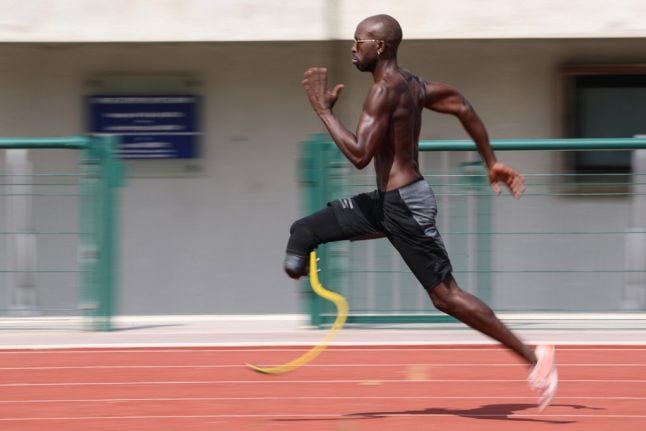The International Swimming Federation (FINA) on Thursday weighed in on the row over hi-tech swimsuits, declaring swimmers cannot wear anything at all under their costume to protect their modesty.
The move comes after Alshammar became the first swimmer to be stripped of a world record under new rules because she wore two swimsuits when she bettered her existing world mark in the 50 metre butterfly in Sydney.
Alshammar slammed the decision, declaring the rules sexist and saying she thought she was allowed to wear a “modesty suit” under her skin-tight racing gear.
Officials at the Australian Swimming Championships had said women were allowed to wear bikini bottoms for modesty purposes but not a full suit because it may provide extra buoyancy in the pool.
However, Swimming Australia spokesman Ian Hanson said the sport’s governing body, FINA, had contacted the organization to say swimmers were not permitted to wear anything under the main swimsuit.
He said the Australian rules allowing modesty briefs would still stand at the national titles, which are currently under way in Sydney, but competitors would be warned any world records they set would not stand if they used them.
“Unfortunately, we can’t change the rules mid-meet,” Hanson told AFP.
He said the Swimming Australia board would amend its laws to comply with the FINA ruling at the first opportunity after the national titles.
FINA executive director Cornel Marculescu told specialist website swimnews.com that his organization had adopted a clear position.
“That means that nothing must be worn underneath,” he said. “One suit only. That’s it.”
FINA this month adopted new rules on new hi-tech swimsuits, the wearing of which led to 105 world records being set in 2008 over long-course and short-course distances.
The measures were introduced after claims that the revolutionary suits provide an unfair advantage and that technology was taking over from sheer individual talent.
Under the new rules, swimsuits cannot cover the neck and cannot extend past the shoulders or ankles.
They must also be a maximum of one millimetre thick and cannot be custom-made for or adapted by individual swimmers.




 Please whitelist us to continue reading.
Please whitelist us to continue reading.